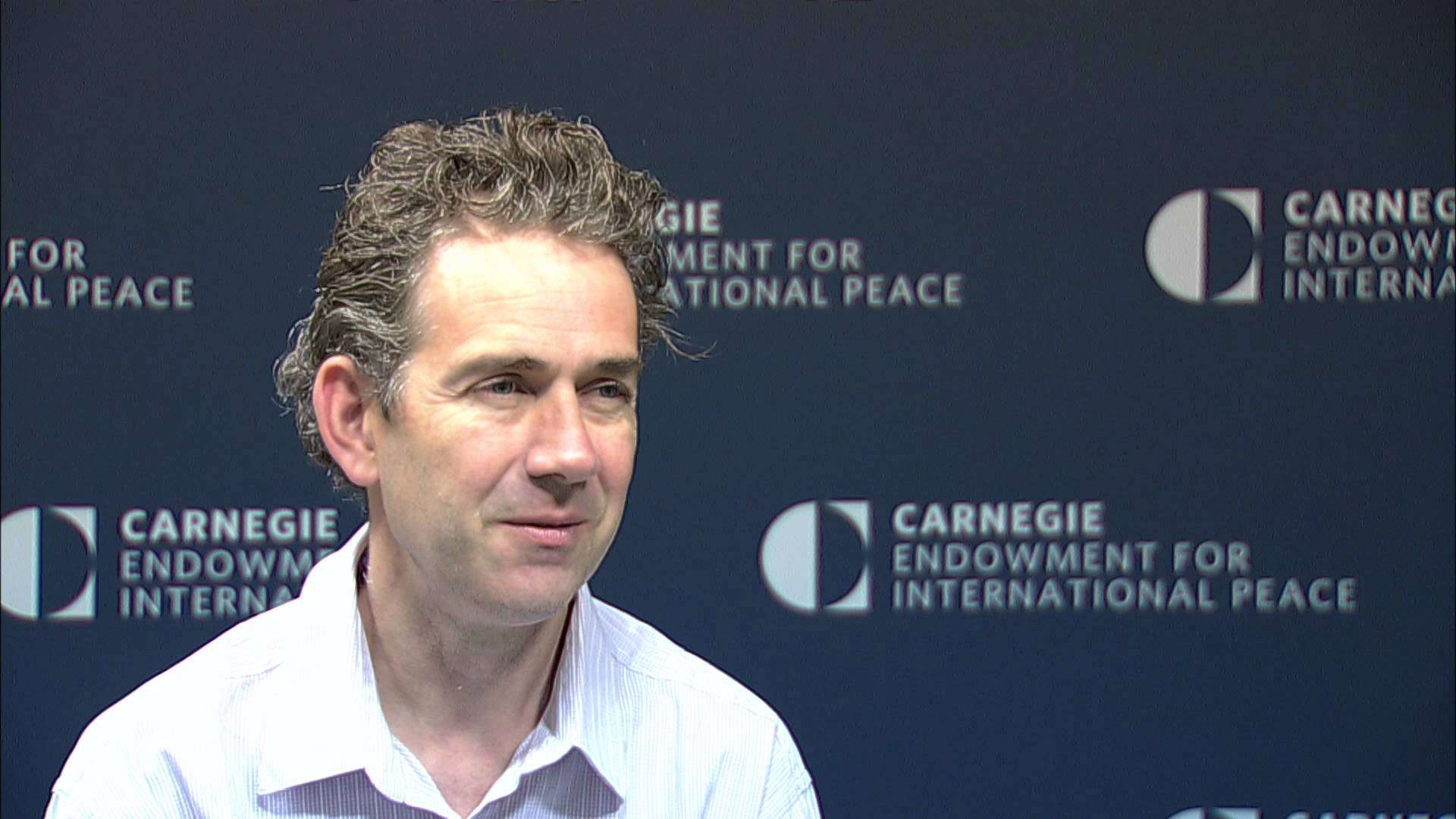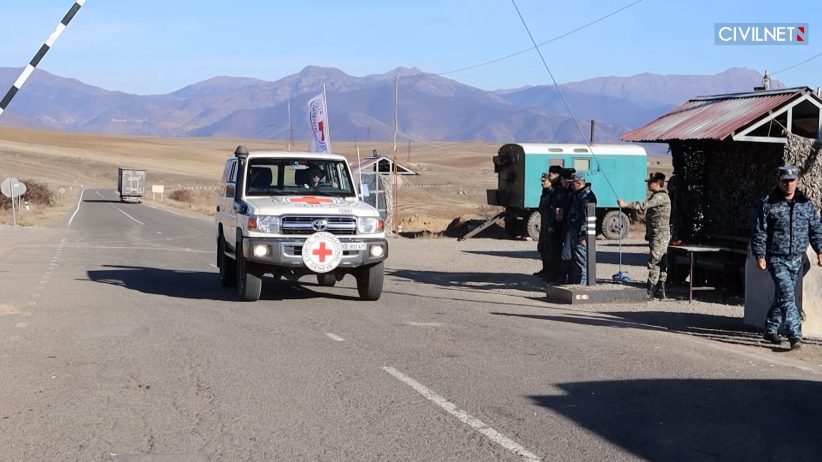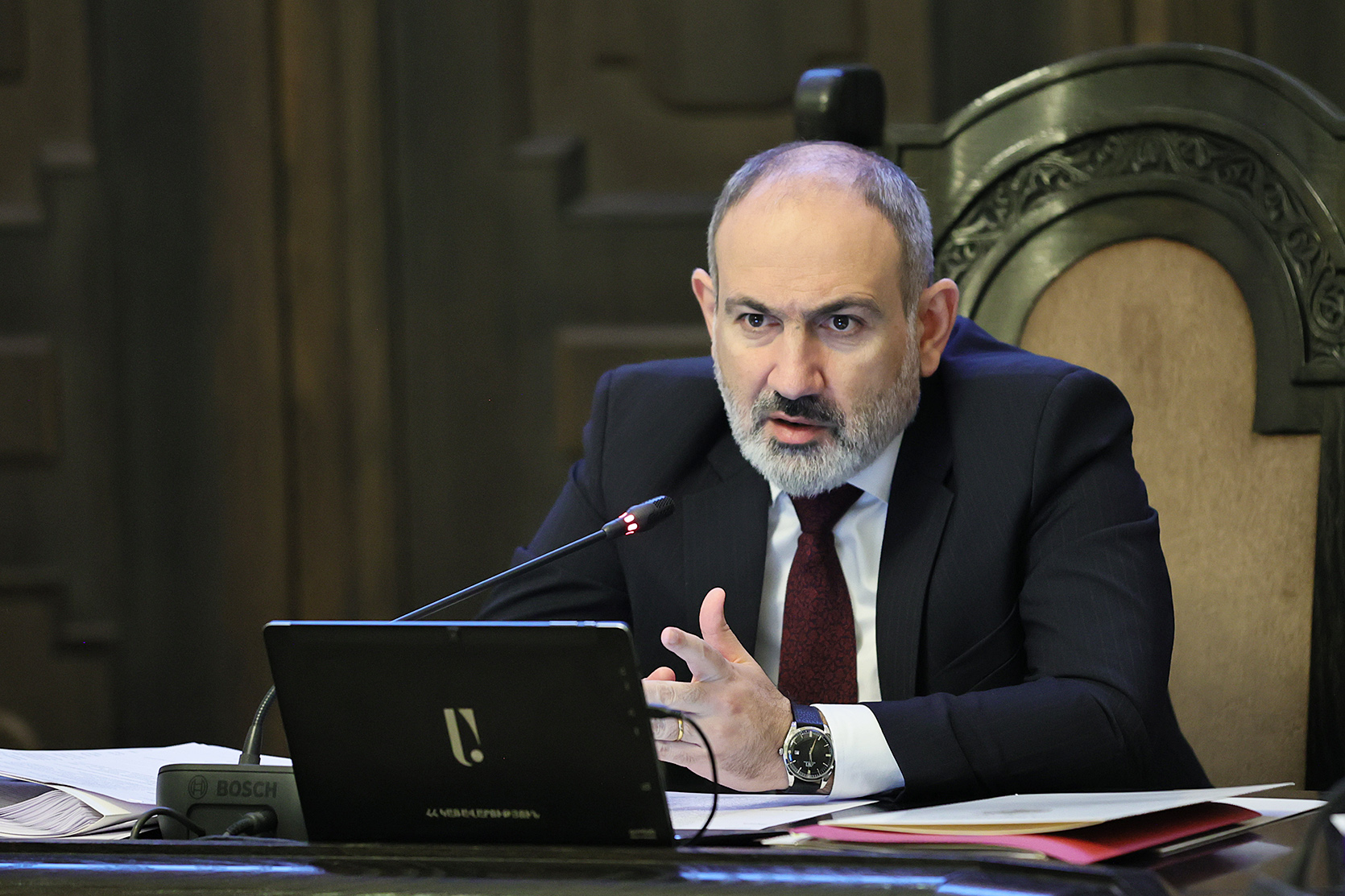Yerevan and Baku far from agreement: latest statements by Pashinyan and Aliyev
Aliyev and Pashinyan on the “Zangezur corridor”
Yerevan and Baku have radically opposite views regarding the road that will connect Nakhichevan with Azerbaijan, and the Lachin corridor that has been blocked for a month now. On January 10, the Prime Minister of Armenia answered journalists’ questions at a press conference in Yerevan, and on the same day the President of Azerbaijan gave an interview to local TV channels.
“The realization of the Zangezur corridor is a historical necessity. Whether Armenia wishes it or not, it will happen,” Ilham Aliyev said. Meanwhile, Nikol Pashinyan called talk about providing Azerbaijan with an extraterritorial corridor through the south of Armenia “absurd.” Armenia has repeatedly stated its readiness to provide roads, but not a “corridor”, which implies a loss of sovereignty in this territory.
“Armenia must either make specific concessions on Karabakh issues, or there must be certain compromises, in return for which it will make some concessions on the issue of transport routes,” political scientist Suren Surenyants maintains.
In his opinion, Yerevan should choose the path of the least risk and try to achieve the unblocking of roads, stipulated in the 2020 tripartite statement.
“Natural law” or “absurdity”? About the Zangezur Corridor
Pashinyan called rumors that there was allegedly a verbal agreement to provide Azerbaijan with the so-called “Zangezur corridor” a “provable absurdity”:
“We have ruled out the existence of an extraterritorial corridor through the territory of Armenia,” Pashinyan stated.
He also said that Armenia is ready to restore the Yeraskh-Sadarak-Ordubad-Meghri-Horadiz railway, is interested in trucking cargo through its territory, opening highways in the east-west direction, and building new roads. According to him, “the only thing that prevents all this is the constant talk from Azerbaijan about some kind of corridor.”
Aliyev stated that the opening of the “Zangezur corridor” is Azerbaijan’s “natural right”.
Referring to the tripartite statement of 2020, Aliyev said that “Armenia is not fulfilling its obligations”, and he himself confirmed the absence of the wording “Zangezur corridor” in this document.
“I introduced the term “Zangezur corridor”, as they say, into the geopolitical lexicon later. However, it clearly states that there should be a transport connection between the western regions of Azerbaijan and the Nakhichevan Autonomous Republic, and Armenia should provide it,” he said.
Armenia has repeatedly refused this demand and said that it does not intend to lose sovereign control over the provided roads. Aliyev maintained that the “Zangezur corridor” is perceived in Armenia “as another threat”, although he “didn’t even have such a thing in mind.”
He stressed that this road is a strategic project for both Azerbaijan and a number of neighboring countries, and thus the project is inevitable: “Sooner or later it will happen. Of course, we want this to happen sooner, as soon as possible.”
“Provocation” or “fair demand”? On the blockade of the Lachin corridor
The leaders of Armenia and Azerbaijan also talked about the Lachin corridor, which has been blocked for thirty days. Pashinyan believes that by closing the only road connecting Nagorno-Karabakh to the world, Baku has violated the November 2020 statement. In his opinion, Azerbaijan staged this “provocation” intending
- “to break the will of the Armenians of Nagorno-Karabakh to live in their home, in their homeland,
- involve Armenia in an even greater provocation.”
Pashinyan talked about the humanitarian crisis in NK, while Aliyev contended that “there can be no question of any blockade,” saying that to call it a blockade is “simply shameless.”
According to Aliyev, the movement of Red Cross vehicles and Russian peacekeepers along the Lachin corridor indicates that it is not blocked:
“The cars of the Russian peacekeepers carry food and medicines there for the Armenian population. We are not against it, because blockade is not our goal.”
Aliyev considers claims of a blockade “another anti-Azerbaijani show”:
“Armenians and their patrons think that they will achieve something with this, but they will achieve nothing. Everyone knows about our fair demands.”
Comment
According to political scientist Suren Surenyants, there is no mention of an extraterritorial corridor in the tripartite statement, but the provision on the road that should connect Azerbaijan with Nakhichevan is worded in a somewhat ambiguous way.
“Unfortunately, in such situations, it is the military-political balance that determines whose position is closer to reality. If the parties do not come to an understanding, as things are now, then this wording will turn into a time bomb,” he told JAMnews.
According to Surenyants, it is necessary to find a solution through negotiations, otherwise Baku will be tempted to “solve the problem by force”:
“The strategy of not negotiating will get you nowhere. Armenia should not hesitate, it is time for it to start normalizing relations with Azerbaijan.”
Commenting on the blocking of the Lachin corridor, Surenyants said that the current situation is in the interests of both Russia and the West, because they have no motivation to work on a way out of the crisis:
“Even some kind of escalation due to the crisis in the corridor is in the hands of the West to weaken Russian influence in the region. And Russia needs the Lachin crisis in order to be able to put pressure on Armenia on some issues.”
He says that there is no consolidated international pressure on Azerbaijan, and recent statements do not contain the prospect of sanctions against Baku:
“Not a single other nation talks about Azerbaijan’s responsibility. As a result, Aliyev’s cynicism has reached the point where he does not hesitate to openly state that the “activists” who blocked the road [Lachin corridor] did it on his instructions.”
Follow us – Twitter | Facebook | Instagram
Aliyev and Pashinyan on the “Zangezur corridor”





















